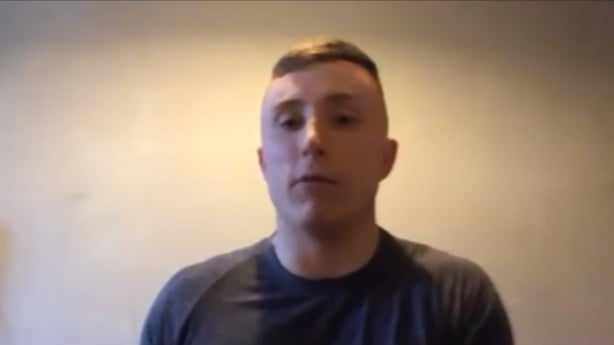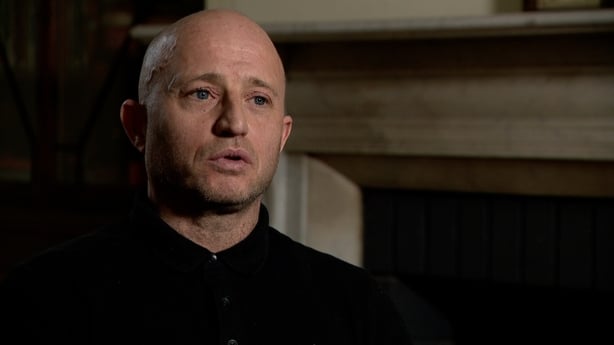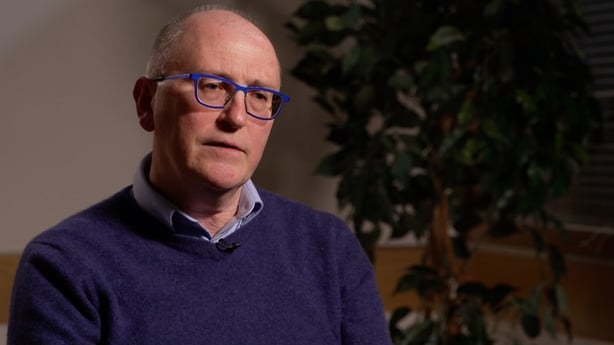Last weekend saw the opening of the comedy horror Cocaine Bear in Irish cinemas. Set in the United States, but shot in Ireland, the film provides a beautiful showcase for the Wicklow countryside, albeit as the backdrop for a violent and bloody rampage by a cocaine-fuelled black bear.
The film has opened at a time when Ireland's drug policies, and the country’s relationship with drugs, have once again come under the spotlight. The chair of the Oireachtas justice committee (Fianna Fáil TD James Lawless) has pushed for an acceleration of the decriminalisation of cannabis. The Tánaiste has said that he is in favour of a health-led approach to drug addiction. A Citizens’ Assembly on drug use has been established, bringing with it comments from government ministers on their own drug experimentation. There is a sense that change is afoot, perhaps a shift in the country’s overarching approach to drugs policy and legislation.
Cocaine Bear has had a successful opening weekend at the box office. Of course, it’s just a film. A bit of fun. Its popularity doesn’t necessarily point to a broader acceptance of drug use but, when it comes to cocaine, recent Irish figures show a sharp rise in usage, particularly among younger age groups.
The latest Health Research Board National Drug & Alcohol Survey shows a steep increase in the number of people who’ve recently used cocaine. Among males aged 25-34, that number more than doubled from 2015 to 2020, from 4.4% to 9.4%. Among females aged 15-24, the percentage is smaller but the increase is more than five-fold, from 0.8% in 2015 to 4.5% in 2020.

Conor Harris was one of those young, recreational cocaine users. He began aged just 17, spiralling out of control by the time he was 19. "I needed it to go to work, I needed it to go to the gym, I needed it to function in life. This was something I couldn't live with and I couldn't live without. I ended up in hospital, nearly losing my life. In October 2018, I came out of hospital with €20,000 debt on my head, not knowing what I'm going to do."
Conor says that he went from playing football at county level with Kildare to losing control of every aspect of his life, eventually attempting suicide before getting the help he needed. Aged 24 now, he gives talks to youth groups and GAA clubs, particularly in rural areas of Ireland.
His own addiction began with casual, social use. The National Drug & Alcohol Survey suggests that over a quarter of a million people in the country have used cocaine, with more than 70,000 using it in the past year. Over a quarter of respondents to the survey personally knew someone who uses cocaine.
On Dublin’s O’Connell St, we have no problem finding people willing to talk about drug use in their social circle. "Weed and cocaine" was the most common answer, mainly from people in their twenties and thirties. For people with disposable income, it was just another part of socialising. One said it was as easy to get as ordering a pizza. The overall impression was that social drug use was just a normal part of life.
It was this sort of social or casual drug use that was targeted by Justice Minister Simon Harris when he said that a line of cocaine or a pill this week led directly to violence, murder and serious criminality the following week. For the people talking to us on O’Connell Street, that link was not something to which they gave much in the way of serious consideration.
It will be something for the Citizens’ Assembly to consider, when it begins its work in April. Questions regarding legalising and decriminalising will form a significant part of that work. Other countries such as Portugal, as well as some states in America, have already moved in that direction.

Andy O’Hara is a co-ordinator with UISCE, an advocacy group for people who use drugs. He feels that it’s very important that people with addiction issues and from disadvantaged backgrounds are able to contribute properly to the Citizens’ Assembly. His fundamental hope is that the outcomes from the process will lead to better outcomes for people who use drugs, pointing out that Ireland has one of the highest rates of death by overdose in the EU and that our longstanding policies have done little to stop that, or even to stop people getting drugs in the first place.
"Right now, if we look at the number of deaths, what we have is way too many deaths, we have way too many people being criminalised. People are stigmatised, people are discriminated against and people are criminalised. We know that leads to higher levels of deaths. I think we had a 224% increase in deaths from 1998 to 2017. We know there's an ever increasing number of people who are going to prison. And we know there's an ever increasing number of people who are accessing drugs, and using drugs and having poor outcomes."
A Red C poll in the Sunday Business Post last weekend showed that half of those surveyed favoured decriminalising drugs for personal use, with 30% against it.
On the specific question of cannabis, a majority of 54% were in favour of the legalisation of and regulated sale of it for recreational purposes, with 31% against.

The use of cannabis was also a topic for government ministers with Hildegarde Naughten and Neale Richmond both saying that they tried it in the past, but that it wasn’t for them. It’s probably a long time since revelations on this scale would generate much in the way of controversy, but it was seen as unhelpful by Dr. Ray Whalley, Associate Clinical Professor of General Practice, in UCD. He points out that TDs and ministers speaking like this contributes to what he calls a "normalisation" of drug use."We’ve had a pro-drug narrative developing from some senior politicians, as if it is normal to take drugs. It is not. And this normalisation seeks to minimise drug use. It isn’t talking about the risks that we see as general practitioners and emergency departments and psychiatrists in regard to drug taking."
Andy O’Hara disputes the point, saying that the ship has already sailed on normalising drug use in Ireland and that the focus now needs to shift on making it as safe as possible for the people who are using. "These are our people, these are our families, these are our communities. How much longer are we going to wait to introduce things that we know are evidence based and works in other countries to save as many lives as we can?"
The Citizens’ Assembly will be chaired by former HSE chief executive Paul Reid and is expected to complete its work by the end of the year. While the debate is almost certain to last far beyond that, the outcomes and recommendations will inform some of the most significant decisions that any Irish government has made on drug policy in decades.
If you have been affected by issues in this article, please see: www.rte.ie/helplines.






